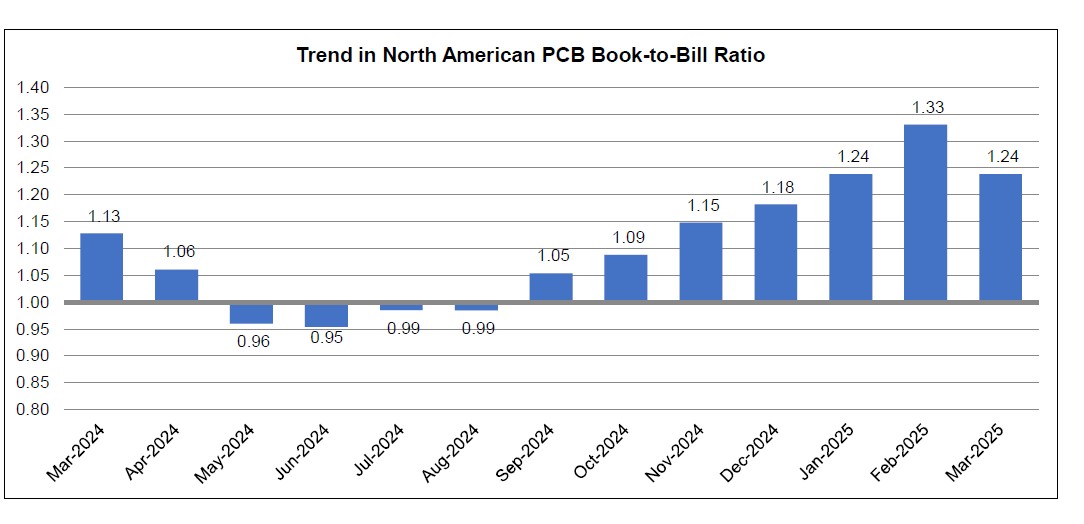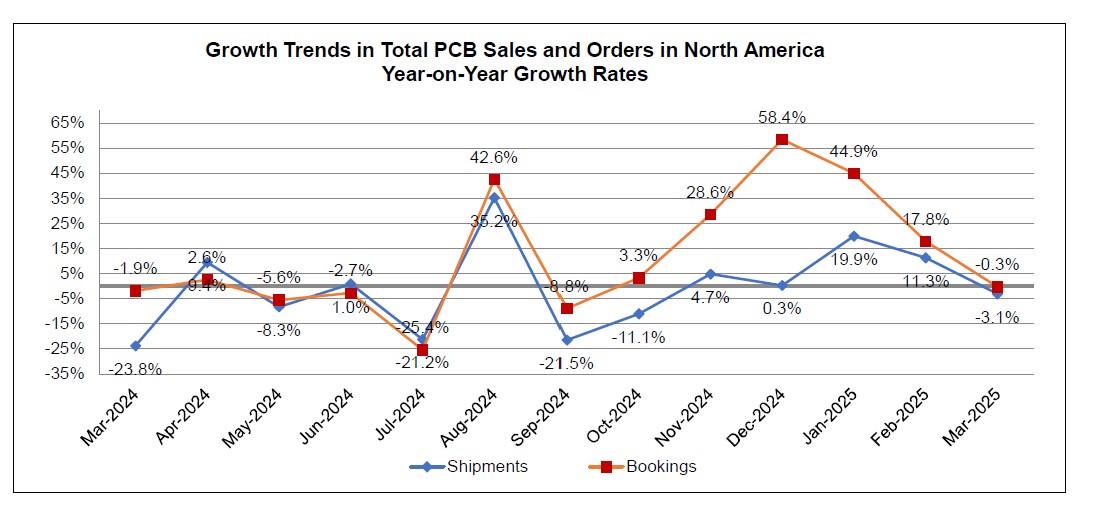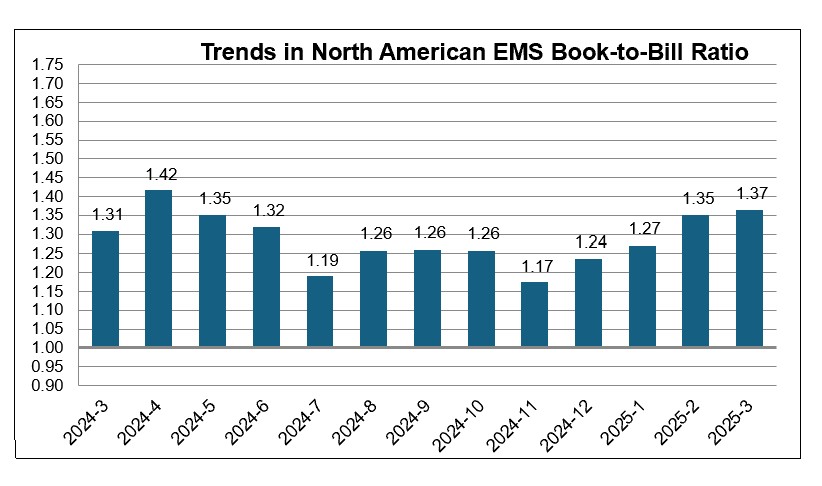Reflections from Circularity 25: Moving from Why to How
By Seth Jacobsen, IPC sustainability program manager
Last week, I had the opportunity to attend Circularity 25 in Denver—an inspiring gathering of professionals working to advance circular solutions across industries. With hundreds of voices at the intersection of design, policy, technology, and business, the message was clear: Circularity is not just an environmental imperative—it’s a smart business strategy.
Key themes throughout the event emphasized a shift in mindset:
- Designing for next use, not just end-of-life
- Circularity as a tool to unlock business value
- Recognizing that our linear systems are not built for long-term resilience
Some of the most impactful sessions I attended included:
- Designing Out Linearity in New Product Development -- How can product design extend a product’s lifespan? How can stakeholders across the supply chain collectively push suppliers to adopt circular design faster?
- Carbon Emissions and Scope 3 -- How can businesses measure the carbon impact of circular practices like reuse, repair, and remanufacturing?
- How to Build Your Circular Economy Roadmap -- How can companies turn circularity ambitions into actionable strategies? What are the essential elements of a roadmap that balances vision and practical implementation?
- Beyond Compliance: Leveraging Digital Product Passports -- How can businesses use Digital Product Passports (DPPs) not just to adhere to forthcoming regulations but to drive brand value, customer trust, and supply chain resilience?
Each session offered a mix of inspiration and pragmatic insights. One recurring theme was that circularity flourishes when the customer becomes the supplier, transforming the take-make-waste model into regenerative systems. Another takeaway: Many of the technologies needed to enable circularity are yet to be invented, underscoring the need for ongoing innovation and cross-sector collaboration.
For the electronics industry, the relevance is undeniable. We see real opportunities where resource efficiency leads to improved margins, reduced risk, and long-term growth. But perhaps the most important reminder from this conference is that articulating the business case is essential—to drive adoption, to secure investment, and to turn strategy into action.
Why Circularity Makes Good Business Sense
One of the most consistent messages from Circularity 25 was that circularity is not just an environmental strategy—it’s a business imperative. Companies that embrace circular practices are seeing tangible benefits across several key areas:
1. Stronger Supply Chains and Material Security
Circularity strengthens supply chain resiliency by reducing reliance on fragile, globalized systems and mitigating risks tied to the availability of critical materials. For industries like electronics—where inputs such as rare earth elements, cobalt, and lithium are essential yet increasingly scarce or geopolitically sensitive—circular strategies like material recovery, reuse, and modular design can secure access to key resources. By diversifying material sources and closing loops, companies are better positioned to weather supply disruptions and reduce their exposure to volatile commodity markets.
2. Access to New Customers and Markets
Offering products that are designed for longevity, repairability, or take-back services can open doors to customers looking to meet their own sustainability goals. In addition, emerging policy frameworks—such as right-to-repair regulations or extended producer responsibility (EPR) laws—are creating markets that reward circular innovation.
3. Operational Cost Savings through Resource Efficiency
Resource-efficient design doesn’t just reduce environmental impact—it also lowers costs. Whether it's optimizing material use, reducing energy and water consumption, or minimizing waste generation, circular strategies can lead to real operational savings. For manufacturers operating on tight margins, especially in electronics, these efficiencies can be the difference between profit and loss.
As someone working to support sustainability across a global industry, a message from one of the keynotes resonated with me: We’ve made progress on the “why” and we’re seeing more examples of the “what.” Now it’s time to focus on the “how.”
To learn how IPC supports the electronics industry on sustainability challenges and issues, visit www.ipc.org/evolve.




